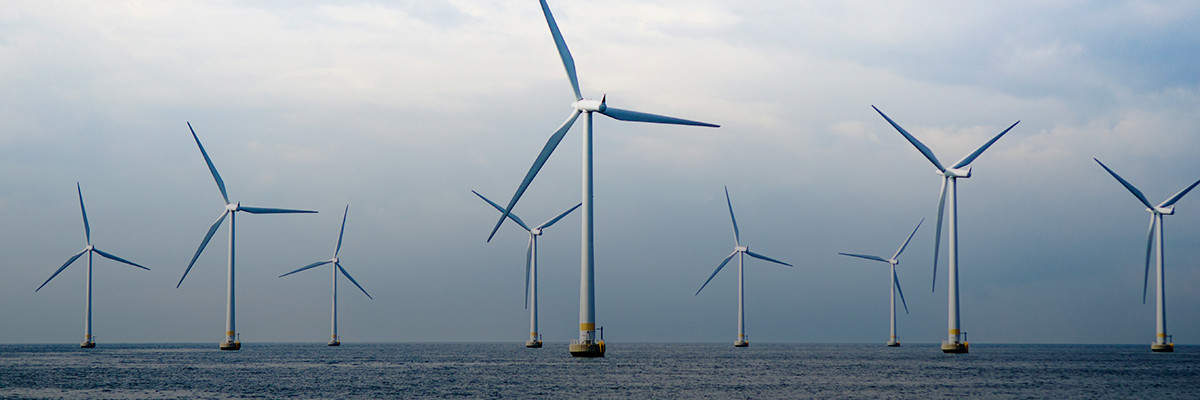
Authors
-
Eva Dienel
Former Associate Director, Communications, BSR
Alexandre Brailowsky, the head of societal responsibility at the French company Engie, began his career as a physician working with Doctors Without Borders in locations ranging from Haiti to Argentina. In 1999, he joined Suez as social responsibility director and, in 2015, he took on his current role defining, implementing, and coordinating social responsibility at Engie, whose goal today is to be the global leader in the energy transition.
He spoke with us about how his background working with Doctors Without Borders taught him the importance of stakeholder engagement in the corporate world. “Through stakeholder engagement, we achieve our goals and we raise visibility of the importance of our work at a huge scale,” he said.
Eva Dienel: Tell us about your company’s top sustainability priorities for the year.
Alexandre Brailowsky: Our priority is pretty simple: The first is to make sure our customers are satisfied with our proposals and our policies to support their renewable energy condition. We want to very quickly raise the capacity of productivity with renewable energy and considerably reduce carbon dioxide emissions. Our goal is that the percentage of renewable energy by 2020 must be 25 percent, and we must lower CO2 emissions by 20 percent.
We also have an objective related to stakeholder engagement: By 2020, we want to have 100 percent of our industrial activities covered by a professional mechanism of stakeholder engagement.
Dienel: You began working with BSR this year on a series of stakeholder engagements that include senior people at your company. Tell us about that initiative.
Brailowsky: Our big vision for 2016 is to do stakeholder engagement with top management. We do this for two reasons: So they also understand what stakeholder engagement is, and also because that’s the objective of the company—to have a global vision of the issue of stakeholder engagement.
We have a team of eight people—half women and half men, and all have different nationalities—and we give them the tools to support to the business: technical assistance in each different cultural context to build solutions together. Our Paris team worked with BSR to develop a dialogue at the corporate level with sessions twice a year to talk with our stakeholders about the main issues Engie is facing.
Every six months, we are going to choose one local project and use it to talk about global issues. We’ll include a mix of directors, including the general director and people from the local business unit, as well as clients, investors, NGOs, universities, and politicians.
Dienel: How is BSR supporting you in this work?
Brailowsky: The characteristic I was looking for by working with BSR is to push and improve the global program in Engie. You have expertise, credibility, regional reach, and you also know well the issues of energetic transition.
This blog is one in a series highlighting BSR members and their sustainability stories. To learn more about BSR membership, please contact memberservices@bsr.org, visit the BSR Membership webpage, or join the conversation at #BSRmember.
Let’s talk about how BSR can help you to transform your business and achieve your sustainability goals.